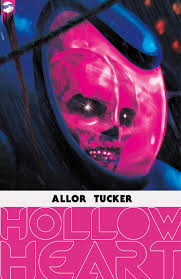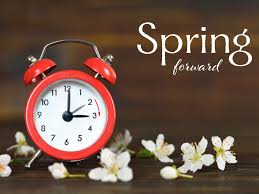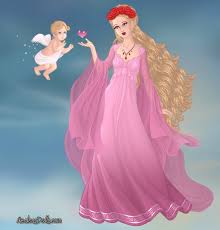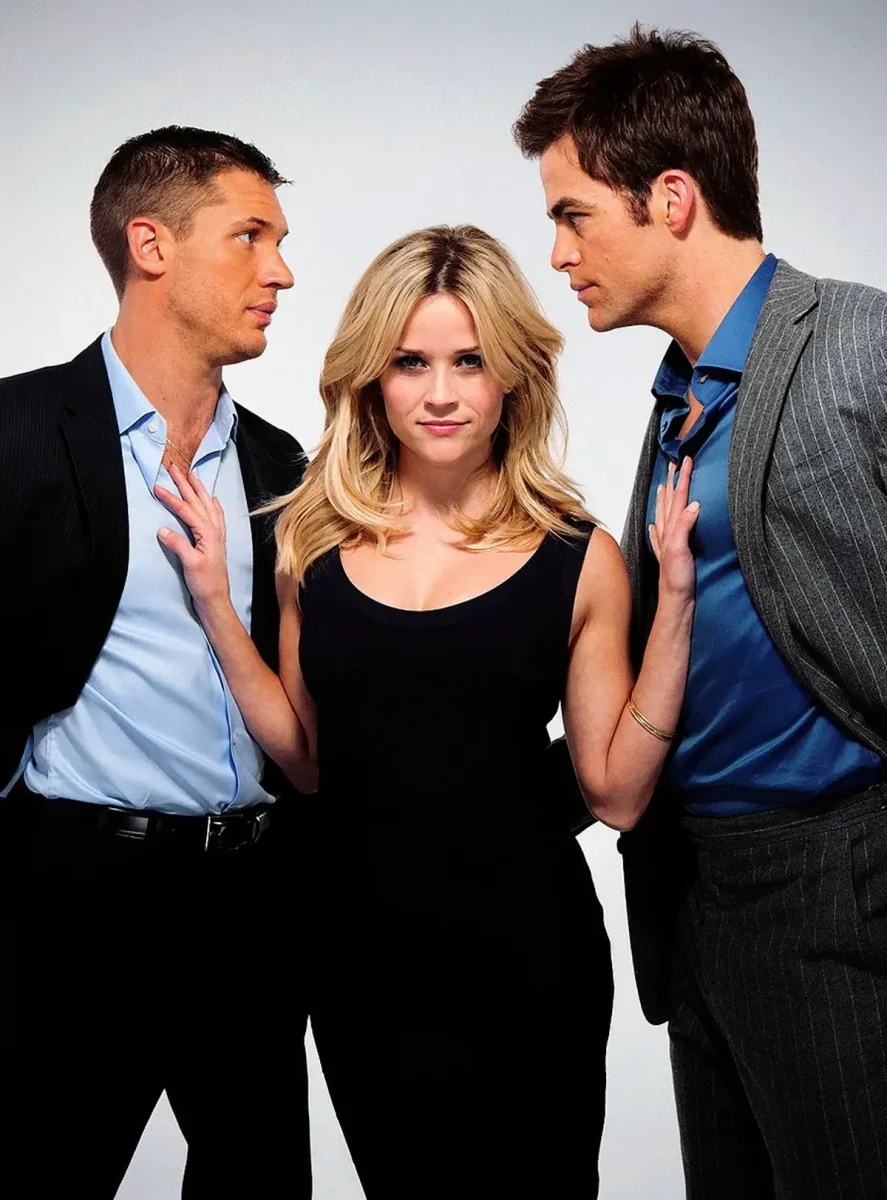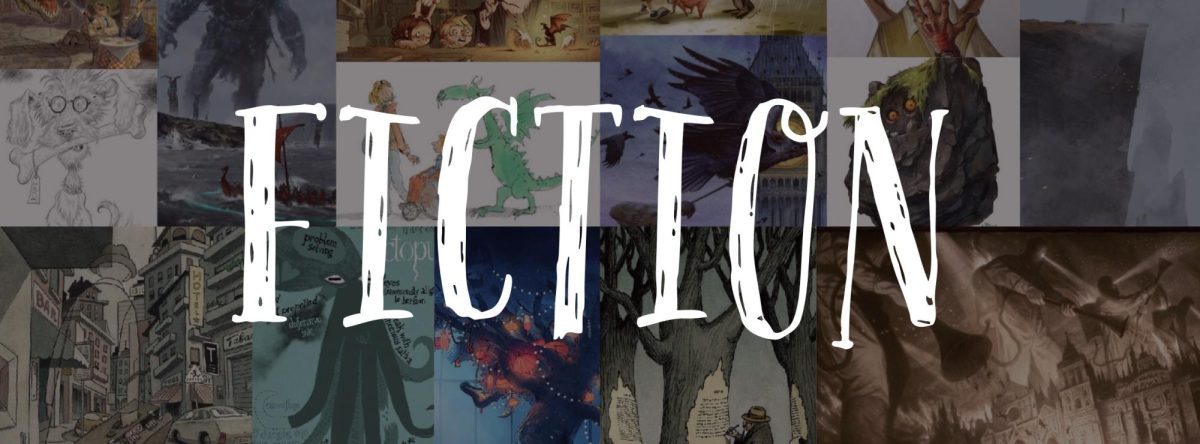Why 80s movies are better: “Dirty Dancing” edition
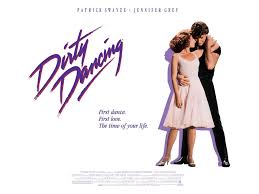
Google Images
Unpopular opinion: modern television and movies suck. They lack substance, they lack a lesson. What happened to the sweetness of Full House, where every episode had a moment that left you with a warm feeling in your heart? What happened to movies like Heathers where teenagers kill other teenagers and pass it off as suicide? What happened to movies with weird plots? Movies that were prepared to tackle a societal issue?
Over the summer, I read a great book entitled Life Moves Pretty Fast: The Lessons We Learned From Eighties Movies (And Why We Don’t Learn Them From Movies Anymore) by Hadley Freeman. From the first sentence of the book, a quote from Emma Stone’s character in Easy A, I could tell it was going to be a good book. I was not disappointed. Freeman tackled everything, from abortions to racial issues to true love. The more I read about these movies that she grew up with in the 80s, the more I drew conclusions on how different movies are today. (Not to mention the fact that Freeman mentions it every other page.)
Many people our age probably could not name ten 80s movies. Now, I may be wrong (but I don’t think I am), but we are so involved in our own monotonous films that we don’t look back at the cinematic masterpieces from before the 2000s. Of course, like with everything, there are exceptions. Jurassic Park (1993), The Breakfast Club (1985), and E.T. (1982) are some very popular movies that teenagers still like and talk about, but they only skim the surface. There are so many wonderful movies from the 80s that are quality films. Not every movie has to have guns and violence, and the 80s completely understood that, as Freeman wrote about.
In 1987, Dirty Dancing came to theaters with many male-critics rejecting it. That was because Dirty Dancing is a female-centric film. “It is nothing new for a women’s movie―or book, or TV show―to be dismissed by male film critics as frothy nothingness” Freeman wrote. Therefore, in this chapter, she talked about something that no one likes to talk about in respect to women: sex. “Girls in eighties teen movies love sex, and suffer few consequences for it.” No, this chapter isn’t all about sex. What it is about, is showing that it is a perfectly natural part of life for both women and men. In modern movies, if a woman has sex, she gets punished. The couple doing it in the car in the horror movie gets killed first; the girl who loses her virginity gets pregnant; and, in a famous line from 2004’s Mean Girls, “Don’t have sex, because you will get pregnant and die!” combines both scenarios.
The true point that Freeman was getting at with this chapter, though, was that women have a right to their body. Dirty Dancing is known for Patrick Swayze and that iconic lift with Johnny Castle (Swayze) and Baby (Jennifer Grey) in the dance scene at the end. Many people may not remember the ten-to-fifteen minute clip of the illegal abortion that Penny, Johnny’s usual dance partner, undergoes, even though it is integral to the story. “‘I knew that if I put in a social message it had to be carefully plotted in. A lot of movies have social messages but they end up on the cutting room floor. It’s true that not many people talked about the abortion plot when it came out, but it meant that I was getting the message to people who wouldn’t go see a documentary about abortions, and we were also getting big feminist audiences,’ says Bergstein.” Eighties movies didn’t shy away from the fact that women get abortions, unlike most modern movies. Take, for instance, the movie Juno, starring Ellen Page and Michael Cera. “…[T]he eponymous teenager is dissuaded from having an abortion after an anti-choice protester tells her that her baby will have fingernails…” Juno was completely willing to have an abortion, a reasonable action when you consider that she’s a teenager with no means of supporting herself, but is instead guilted out of it and forced to deal with the consequences. Once again, the writer of Dirty Dancing weighs in on modern movies: “I used to say, oh maybe Dirty Dancing was ahead of its time and that’s why I had to talk about abortion in this covert way. But if you look what’s happened since, that’s not really true. I would have thought all these movies like Juno and Knocked Up and Waitress would take its place, but in those movies the girls don’t have the abortion: at the last minute they take what looks to be the moral choice and they don’t do it, and they end up with the guy all happy. So it’s presented now as a moral decision not to have the abortion and you have a cute little baby and it’s fine.”
Abortion is a very controversial topic. If you can support a child or you want the child or you are able to be a good parent, have the baby. But if you can’t support the child or it will have to go into the foster care system (which is horrible and not good for children) or you’re not ready to be a parent, then you need to realize that you can get an abortion. It is okay to get an abortion if the only life you can give a child is an awful one. There are lots of arguments over this and I’m not going to get into that, but the fact of the matter is, modern movies show girls who have sex being punished, whether that be by pregnancy or being killed or getting an STD. What we need in modern movies are topics that are hard hitting. We need movies that show different sides to different events. We need more movies that portray women as something other than a sex symbol. We need risky directors willing to make a message. We need movies that show that you’re not a bad person for getting an abortion.
Personally, my view on abortions are very mixed. I don’t like abortions, but I have to respect a woman’s ability to choose what happens to her body. So, as I said, very conflicted.
Freeman’s Dirty Dancing chapter was a delight. Her writing is great and I love how she puts her own thoughts and opinions into it. She laces the chapter with facts and quotes from directors and actors. All in all, the book was extremely entertaining and informational.
Now, this is not what this book was all about. There are fifteen-some chapters. So, I’m going to make this article a multi-part article because there are a lot of important messages in this book from 80s movies.

Bella McGill is a senior at DCHS and in her third year on the Parnassus staff. She is in the plays, French club, 4-H, and band. In her spare time, she...




